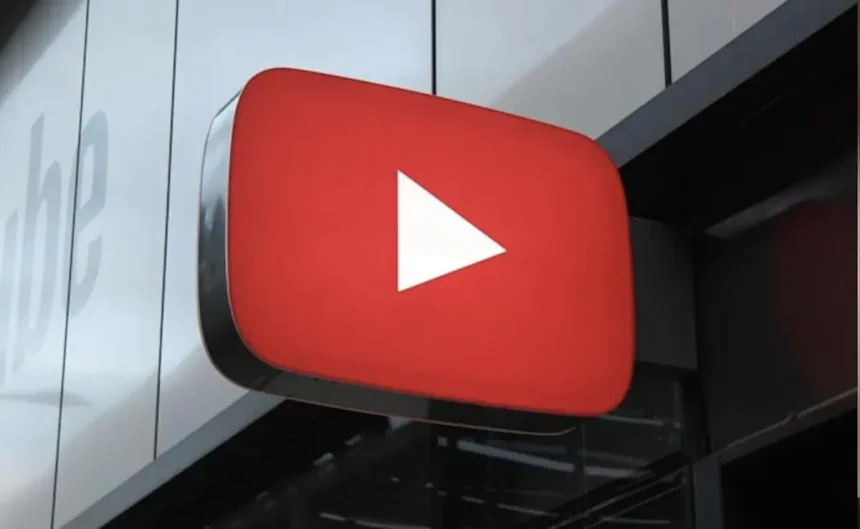Google Prevails in Trademark Dispute Over YouTube Shorts Platform
In a recent legal victory, Google successfully defended against a trademark lawsuit filed by Shorts International, a British short film company, over the tech giant’s short video platform, YouTube Shorts. The case, which culminated with a ruling from London’s High Court, concluded that there was no consumer confusion between the two brands, allowing Google to continue using “Shorts” without legal repercussion.
The dispute began in 2022 when Shorts International, a company known for its television channel dedicated to short films, alleged that Google’s use of the term “Shorts” for its YouTube short-form video platform infringed on its trademark rights. Shorts International claimed that YouTube Shorts could mislead consumers into thinking there was a connection between the two brands, thereby diluting its brand identity.
YouTube launched its Shorts platform in late 2020 as a competitor to TikTok, aiming to capture the rapidly growing demand for short-form video content, Reuters.
Unlike traditional YouTube videos, Shorts are designed to be viewed in a portrait format and have a time limit of one minute, mimicking TikTok’s format and popularizing short, dynamic video content on the platform. Since then, YouTube Shorts has become a significant part of Google’s strategy to engage users, especially younger audiences.
Representing Google, attorney Lindsay Lane argued that YouTube’s Shorts platform was distinctly recognized as a Google service. She emphasized that consumers are unlikely to mistake YouTube Shorts for Shorts International’s offerings, as the short-form video platform is unequivocally branded under YouTube, complete with its logo and direct integration within the YouTube app.
According to Lane, the branding made it “abundantly clear” that Shorts was a product of YouTube, thus negating any likelihood of confusion for consumers.

Shorts International’s claims focused on the potential for its brand reputation and recognition to be diluted by YouTube’s use of “Shorts” on its highly trafficked platform. However, Google contended that the commonality of the term “shorts” for short video content made it generic and not solely identifiable with Shorts International’s brand.
READ ALSO: North Korea Launches Long-Range Ballistic Missile Amid Rising Tensions with South Korea and the U.S.
Judge Michael Tappin ruled in Google’s favor, stating that there was no significant likelihood of consumers confusing YouTube Shorts with Shorts International’s services. In his written judgment, Tappin noted that Google’s use of “Shorts” does not damage the distinctive character of Shorts International’s trademark nor harm its reputation.
He further highlighted that Google’s use of “Shorts” is distinct enough not to mislead or confuse the average consumer about the origin of the service. The judge’s ruling therefore dismissed the lawsuit and allowed Google to continue using “Shorts” on YouTube without making any changes.
The case emphasizes the challenges faced by companies seeking to protect trademarks that involve common terms. For Shorts International, the ruling means a significant defeat in its efforts to restrict Google’s use of the word “shorts,” which is a broadly used descriptor for short-form video content.
For Google, the victory is crucial as YouTube Shorts plays an increasingly prominent role in its video strategy, allowing it to compete effectively in the short-form video landscape alongside platforms like TikTok and Instagram Reels. The judgment allows Google to move forward without rebranding or altering its approach to short-form video, cementing YouTube Shorts’ place in its content ecosystem.

This ruling is a reminder that while trademark laws are designed to protect brand identity, they also consider the public’s likelihood of confusion and whether a term is generic within the context it is being used. With this legal obstacle cleared, YouTube Shorts is positioned to expand further as a distinct brand in Google’s portfolio, independent of Shorts International’s established trademark.
As of the time of this ruling, neither Google nor Shorts International has released a statement regarding the decision. Nonetheless, the outcome underscores the competitive landscape in digital content, where tech giants continually innovate to capture audience attention in new and varied formats.

